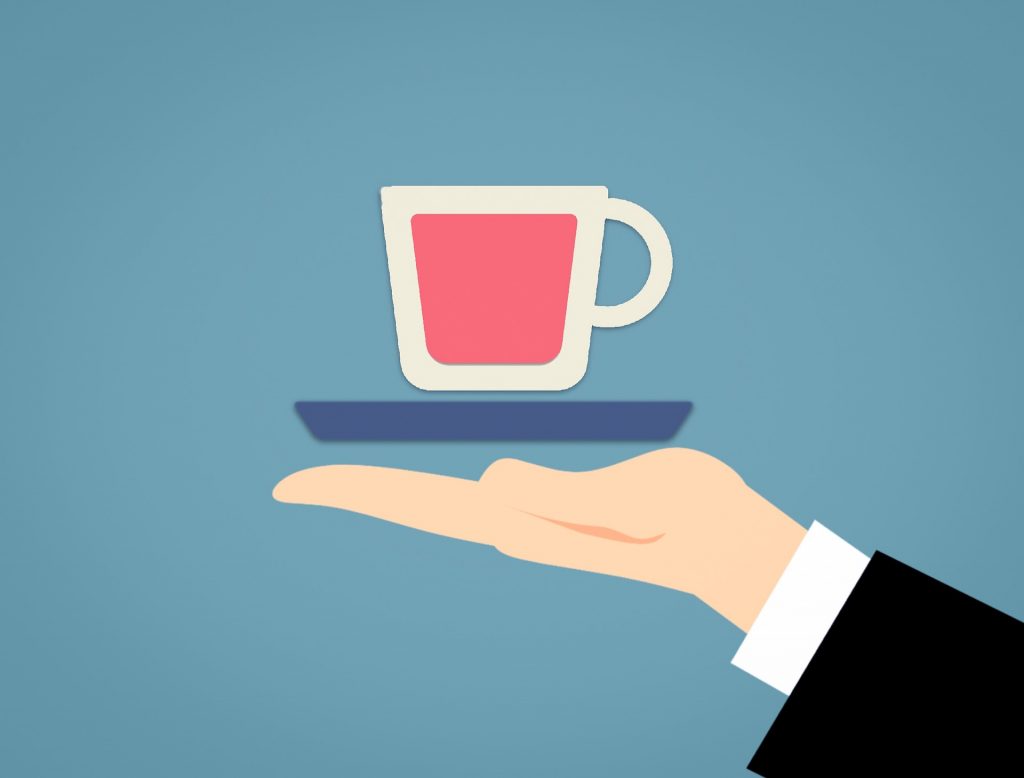A bar owner has asked customers to stop ordering free water because it’s threatening the profitability of the business.
Under British law, any business that has a license to serve alcohol must provide free drinking water to anyone who asks it. (So must schools and workplaces but not, interestingly, gyms). But in a Facebook post a Bristolian bar owner has complained that this requirement leads to people drinking nothing but tap water, which hurts businesses like hers. “Our overheads are a fixed cost, as are the wages” she wrote. “If… you only drink free tap water - we will not make enough money from your table to break even, let alone turn a profit.”
So, should the UK government revoke the free water rule? If it really does cause most drinking establishments to lose money, it’s causing economic consequences that governments generally want to avoid. Businesses that don’t make profit eventually shut down, which is bad for their owners (who end up unemployed and often in debt), their staff (who lose their job) and any customers who found the business in question particularly convenient or pleasant.
Then again, a policy that encourages people to drink more water and less alcohol/fizzy drinks/juice also has economy-wide benefits. Sugar and alcohol are linked to bad health, and widespread bad health means more people using public healthcare services and/or not going to work. And alcohol use is also connected to higher crime rates.
One possible solution would be for bars to charge water-drinkers for service and use of a glass (which is allowed under the current law). This price could be set high enough to cover the bar’s overheads but lower than other drink options. Then again, many people might resent being charged for something they’ve come to regard as free. And if they resent it enough that they will actively prefer pubs that still offer free water, savvy-minded bars will offer this perk to entice customers, meaning their competitors would have to follow suit or get no customers at all. That’ll leave everyone back where they started.
Read our explainer on: how firms do business.

